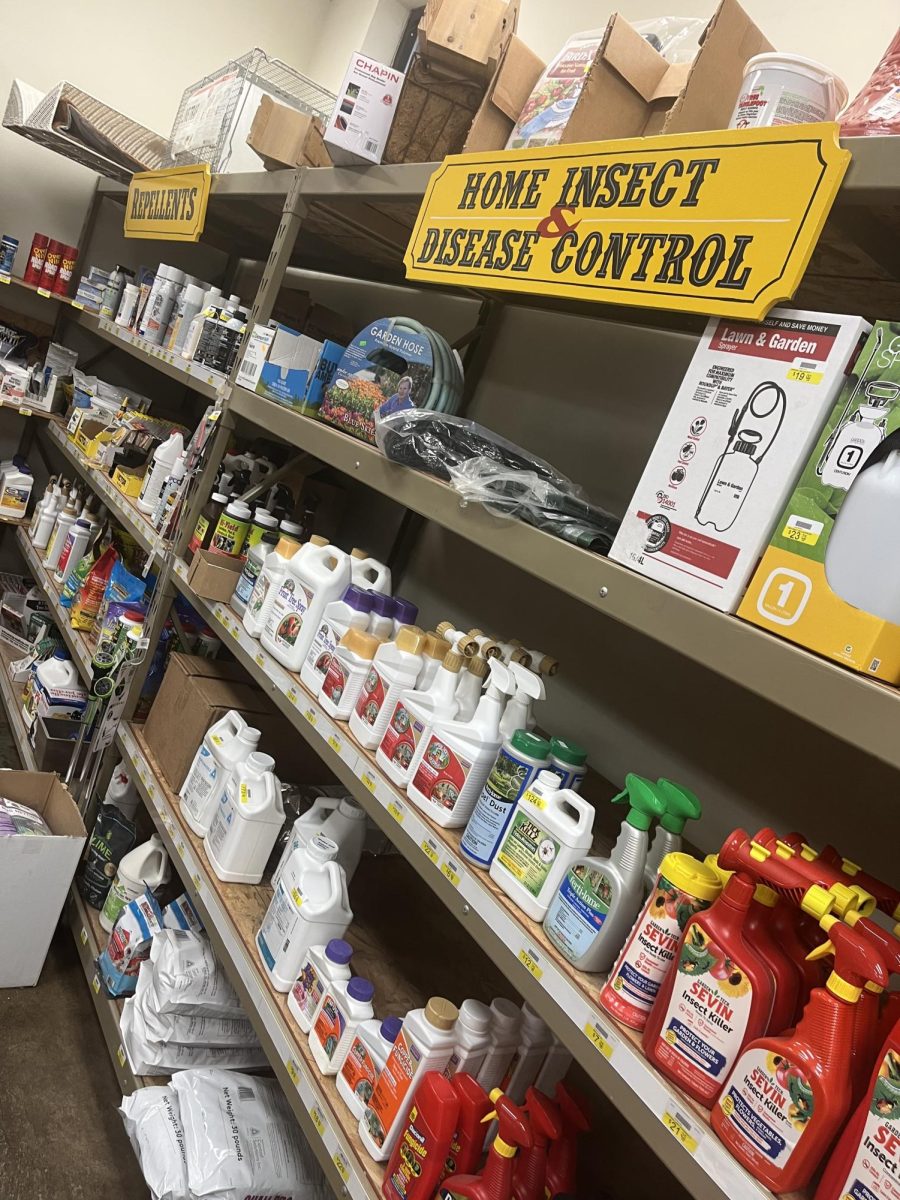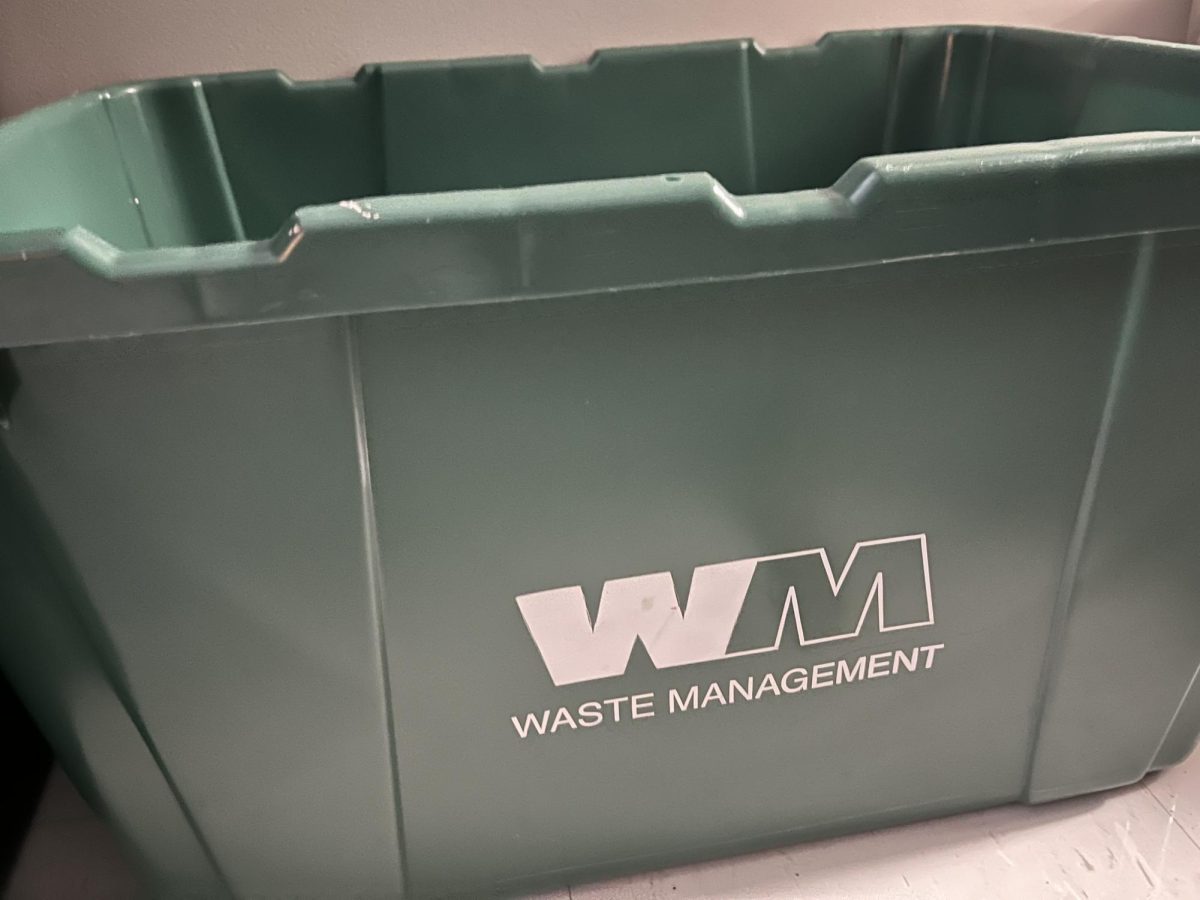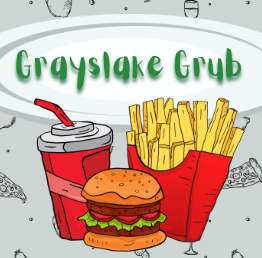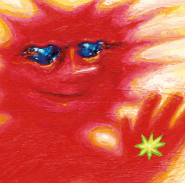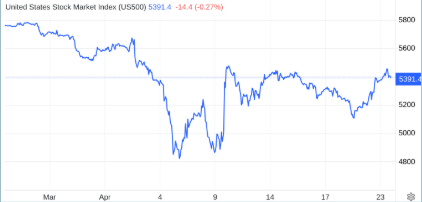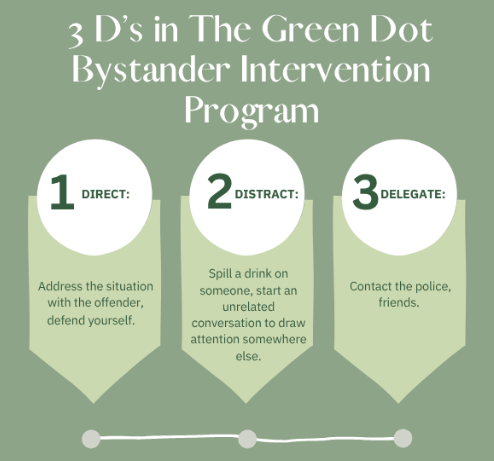Concerns are rising over whether exposure to herbicide-contaminated yards could increase cancer risk.
Herbicides, either in a liquid or dry pellet form, are designed and formulated to kill weeds that are stealing nutrients from their surrounding plants.
Roger Metzle, the owner of Agril Lawn Environmental Services, in Grayslake, IL, said herbicides “land on the leaf and sort of burn that part of the leaf blade. Then the plant can’t survive… There’s something in the plants to make it live… these herbicides somehow interrupt that.”
In June of 2025, the journal Environmental Health published a study where rats were tested with low doses of glyphosate, a non-selective herbicide, which regulators consider to be safe, to see if it could produce cancer. Turns out, it did.
George Mason University published the results of the study, and said that “tumors arose in… leukemia, skin, liver, thyroid, nervous system, ovary, mammary gland, adrenal glands, kidney, urinary bladder, bone, endocrine pancreas, uterus and spleen… in both sexes.”
Glyphosate can be found in herbicides such as RoundUp and Ranger Pro. In March of 2025, CNN published an article about Germany-based Bayer, which acquired the Monsanto company in 2018, that Round Up “has been hit with more than 177,000 lawsuits involving the weedkiller and set aside $16 billion to settle cases.”
Rampage reached out to local company Grayslake Feed, who according to their website “offer the best prices and advice on top quality animal feeds, pet & farm animal supplies, lawn & garden supplies and everything in between,” to learn more about glyphosates. Owner John De Meyer said “Everything you put into the ground washes into the water supply; it’s no good.” He also said, “You definitely want to keep the animals away from [herbicides]… I myself don’t use any herbicides on my lawn. I’ve got five kids, two dogs.”


